Thinking about K-Beauty for your business? Get guidance → Book a consultancy session
Menu
Thinking about K-Beauty for your business? Get guidance → Book a consultancy session
Products
Is Korean Beauty Natural?
October 17, 2024

Is Korean Beauty Natural?
On episode 249 of the Korean Beauty Show, we’re answering one of the most Googled questions about Korean beauty: Is Korean Beauty Natural? Lauren discusses the current regulatory framework in Korea to get a beauty product certified as “natural” or “organic” and why the industry has pushed for the system to be abolished. Plus - are natural beauty products actually better? Tune in for the discussion.
CONNECT WITH ME
- Book a Consultation
- My Instagram
- Shop Kbeauty
- Shop Jelly Ko
- Follow us on TikTok
- Stay up to date with the latest K-Beauty
- Find Your Perfect K-Beauty Product Quiz
- Watch the Show on YouTube
EPISODE SUMMARY
- Natural and Organic Cosmetics: The Cosmetic Regulatory Framework in Korea
- How brands and products become certified as “natural” and/or “organic” in Korea
- Why the Korean beauty industry isn’t happy with the current regime
- Proposed changes in 2024 and future of the industry
- Issues with the natural beauty category

Natural and Organic Cosmetics: The Cosmetic Regulatory Framework in Korea
In order to understand how a product comes to be classified as "natural" or "organic" in Korean beauty, we need to take a look at the cosmetic regulatory framework.
The starting point is the Cosmetics Act, which is the main piece of legislation regulating cosmetics domestically in Korea. The standards for "natural" and "organic" beauty are set out in Article 14-2 of the Cosmetics Act. Then there are also supporting regulations and standards.
This is quite different to other countries. In fact, in many countries, there is no definition for the term “natural skincare” or “natural cosmetics”. Australia is one such country that leaves it up to brands to determine the meaning of “natural”. The US is the same. In the US, the FDA has confirmed that they have:

The Legislation
In July 2019, the MFDS implemented the Regulations on the Standards of Natural and Organic Cosmetic Products. This defines:
- both “organic” and “natural”;
- the permitted ingredients;
- the permitted manufacturing processes;
- and requirements for the business making the products.
In order to be designated a natural cosmetic (천연화장품) in Korea, a product must go through a stringent process that includes certifying the ingredients it uses. In particular, they must be 95% or more naturally derived.
In order to be considered "organic", in addition to the 95% concentration of natural raw materials, the products also have to contain over 10% organic ingredients.
The Standards for Natural and Organic Cosmetics are very prescriptive in terms of what can and can’t be done in order for a product to be considered "natural" and "organic". For example, the regulations set out:
- The type of materials that can be used (i.e. natural ingredients, natural raw materials, water etc)
- What can and can’t be used (i.e. synthetic raw materials that don’t occur in nature). However, there is an exception for “synthetic raw materials which are necessary for the quality or safety of natural or organic cosmetics but are difficult to replace in nature". In that case, they may be used within the 5% of allowed synthetic ingredients within the formula.
- The manufacturing process - it must "maintain the inherent quality of the raw materials" and not cause contamination.
- There is even a list of cleaning agents that can be used and a restriction around using PVC or polystyrene containers.
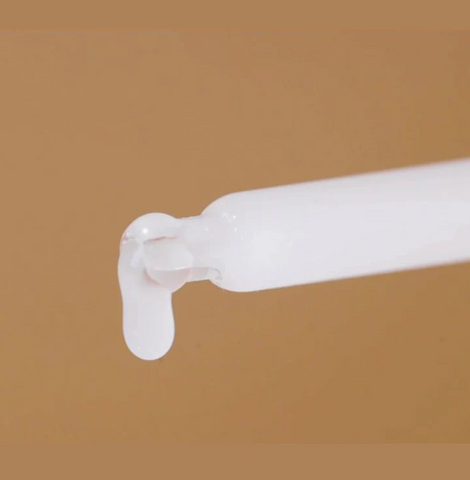
The Process for Becoming Certified in Korea
If a product complies with the above regulations and goes through the approval process, it will then be issued with a certification and mark designating it a “Natural Cosmetic”.
This system is separate from other types of certifications a company might want to obtain (ie. COSMOS, which is overseen by ECOCERT internationally).
Because of how rigorous and demanding the certification process is, between 2019 and 2021 only 34 products natural AND organic cosmetics were registered domestically in Korea. Now, that doesn’t mean that only 34 products met the legal definition of natural organic during those years; just that they didn’t bother putting their products through the testing process.
Three such Korean cosmetics carrying the "천연화장품" mark included:
- Swanicoco Black Barley Cream and Toner
- Hwang Jin Mo Coconut Hair Loss Soap
There can be a number of reasons a brand might decide against going through the official verification process; one of the key reasons I can think of being that Korean consumers care a lot more about EWG ratings than they do about the designation "natural cosmetic". Brands can achieve "EWG green grade" results simply by manufacturing to the EWG standards, using only "green light" ingredients and leaving out "red light" ingredients, like retinol.
Similarly, if the same Korean beauty products are marketed overseas then can still call themselves "natural" so long as they comply with the regulations abroad. So, in Australia, where there is no legal definition of "natural cosmetic" a Korean beauty brand could simply decide to market themselves as a "natural Korean beauty product" in Australia. There's no need for them to necessarily be registered in Korea as well.
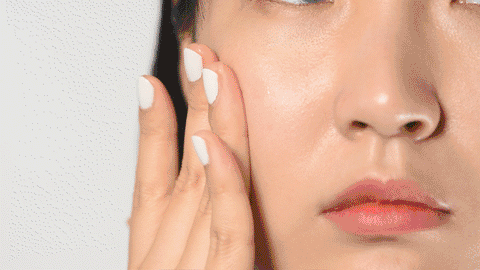
Issues with the Domestic Korean System
The MFDS identified that the low numbers of products being registered was an issue so in January 2021, they attempted to simplify the application procedure to reduce the burden of preparing documents to become certified as a natural or organic beauty product.
Clearly, this didn't go far enough.
In February 2024, the Prime Minister Han Deok Su announced plans to scrap the natural beauty certification system all together, along with 256 other certification systems in Korea.
Why the Korean System Was Scrapped
The industry had been demanding the abolition of the certification system on the grounds that double certification posed a burden to companies.
In February 2023, the Korea Cosmetics Association asked the government to abolish the certification system and privatize it. Their main argument was that the current certification system made Korean companies loose competitiveness in overseas markets and that it also their hindered product development.
As the"COSMOS" certification system is being used internationally, the domestic Korean system was seen as a double burden.
An aside: COSMOS is a private certification issued by an international non-profit organization. The process for becoming certified as a natural cosmetic under the COSMOS system is quite similar to the domestic Korean system; namely that if more than 95% of the total ingredients are products derived from nature the product can be classified as natural. In the case of organic cosmetics however, they need to be composed of more than 20% organic ingredients (which is 10% more than the Korean system).
The government has announced that the revision of the Cosmetics Act is underway in 2024 to delete the standards and certification procedures for natural and organic cosmetics.

The Million Dollar Question: Are Natural Beauty Products Better?
Let’s start off with the elephant in the room - the natural fallacy. That’s the belief that things that are natural are inherently better or superior. There are many reasons why this isn’t always the case, and even more so when it comes to our skincare.
The bottom line is that the safety of an ingredient has nothing to do with whether it is natural or not. Synthetic ingredients can be safer than some natural ingredients (take poison, for example).
I've noticed that there is also a tendency to conflate "synthetic" chemicals with “harsh” chemicals. Those two aren't the same thing. Something can be synthetic and gentle, or natural and harsh.
I’m not a cosmetic chemist and don’t pretend to be one however, in my time importing tens of thousands of chemicals to Australia I have had to learn my way around an INCI list, as well as product formulation. Australia has an incredibly complicated system for importing chemicals to the country under the AICIS regime.
Here's what I can tell you about natural beauty:
- First, when you commit to formulating a "natural" beauty product, you have far less options to use for ingredients. The INCI dictionary lists about 22,000 different chemicals that can be used to make cosmetics but only a fraction of these are considered “natural”.
- That then means that the ingredients you are restricted to are not always the "best", most researched or most "functional" ingredients. Many natural ingredients are not nearly as effective as synthetic ingredients. So not only do you have fewer options for ingredients to formulate with in the first place, the ones you do have access to don't necessarily work as well as synthetic options .
- Third, is problems with preservation. This is a big issue for distributors of natural beauty products and brands alike. One of the reasons we use preservatives in skincare products is prevent microbial growth. Natural ingredients are more prone to contamination than synthetic ingredients. That means they are harder to preserve.
- This also leads to the fourth issue, which is that natural products tend to have a shorter shelf life. Because of the aforementioned problems with preservatives many natural products go off quicker. They don't last as long on shelves and they don't last as long after you open them. This might sound like a good thing but can actually end up being worse for both the environment and nature itself because it leads to unnecessary waste and products ending up in landfill.
- Another thing that you might not think about if you haven't tried to formluate with natural ingredients before is that because you are relying on crops, the supply of your ingredients is inconsistent. If a particular crop has a bad year you are out of luck. This was one of the reasons for the discontinuation of one of K-Beauty's most popular products in the mid 2010s, SUM:37's Rose Cleansing Stick. The key ingredient - rose petals - were just too hard for the company to continue sourcing, so they were forced to discontinue one of their best-selling and most viral products.
- Finally, another thing that many people don't want to acknowledge when it comes to natural skincare products is that they are a big source of contact dermatitis.

In fact, one study found that nearly all of the thousands of "natural" products they looked at contained at least one ingredients that could trigger contact dermatitis (source: JAMA Dermatol. 2022;158(11):1323-1325. doi:10.1001/jamadermatol.2022.3180).
In this study, of the natural beauty products that were identified:
- 94.2% had at least 1 contact allergen;
- 89.5% contained 1 or more contact allergens
This goes to show that just because an ingredient is natural doesn’t necessarily mean that it’s going to be the most gentle or best option for your skin.
At the end of the day, if a product causes skin irritation, discomfort or redness is it necessarily better for you? Most consumers want products that work. For many people the whole reason they were “going all natural” was to have better outcomes for their skin. If natural beauty products can't actually guarantee this then we need to look at why we are so focused on them.
Did you enjoy today's episode? If so, don't forget to leave us a rating and review.
STYLE STORY - Your Go-To for Kbeauty Since 2014
Shop Now
“There can be a number of reasons a brand might decide against going through the official verification process; one of the key ones I can think of being that Korean consumers care a lot more about EWG ratings than they do about natural cosmetics.”
- Lauren Lee, Host of the Korean Beauty Show podcast

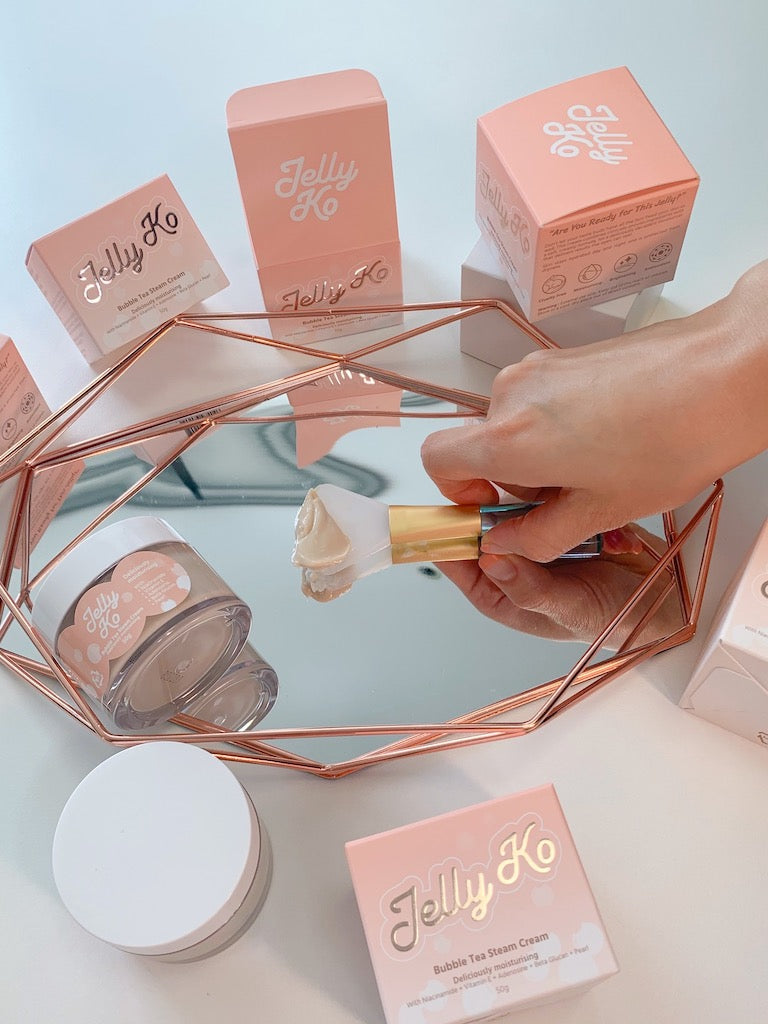
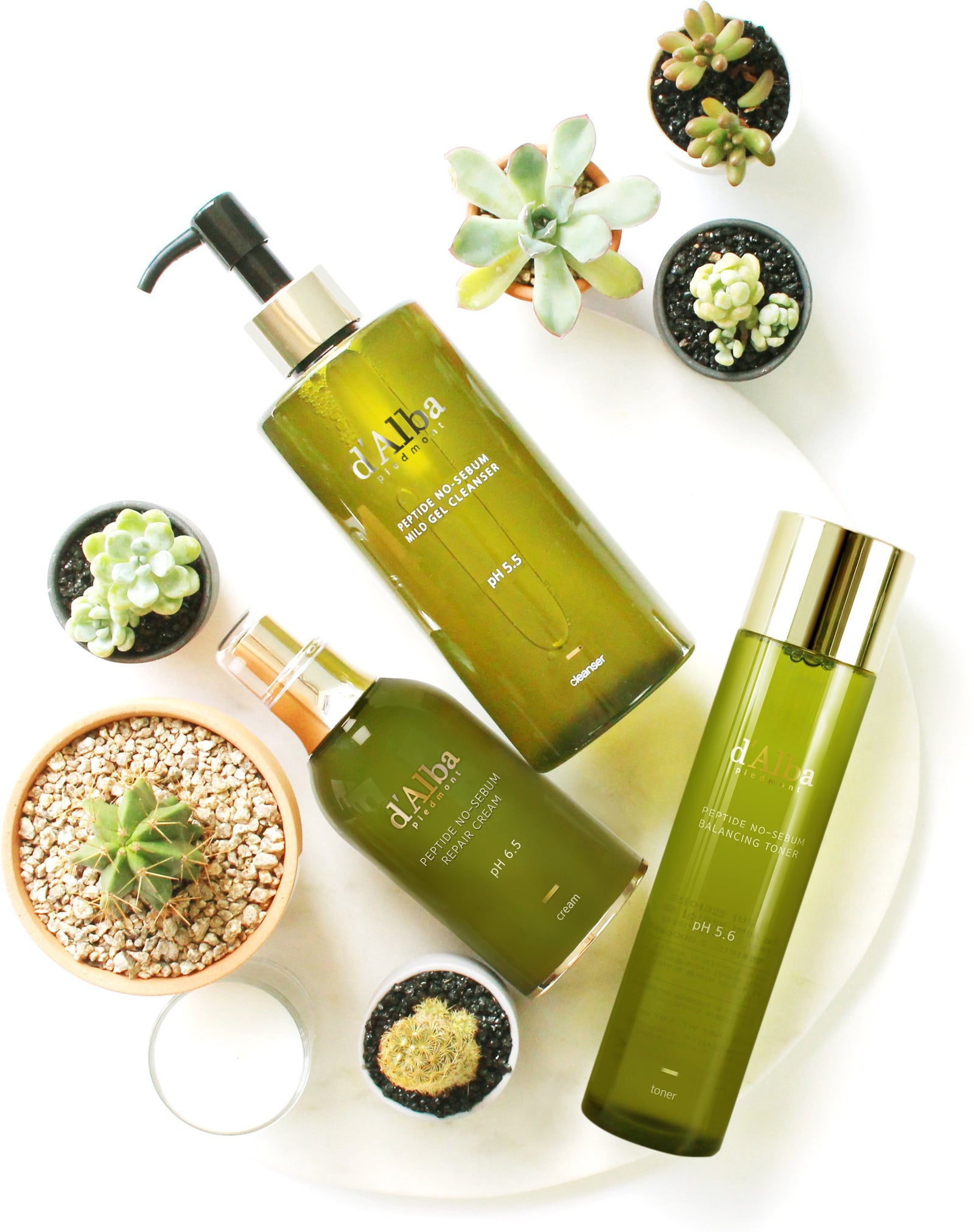
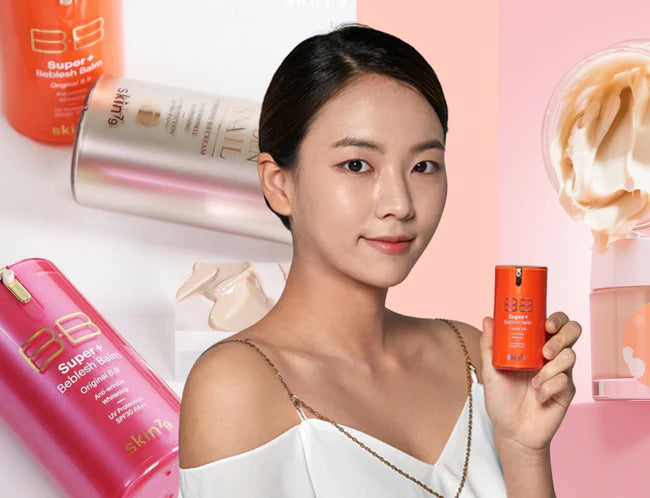
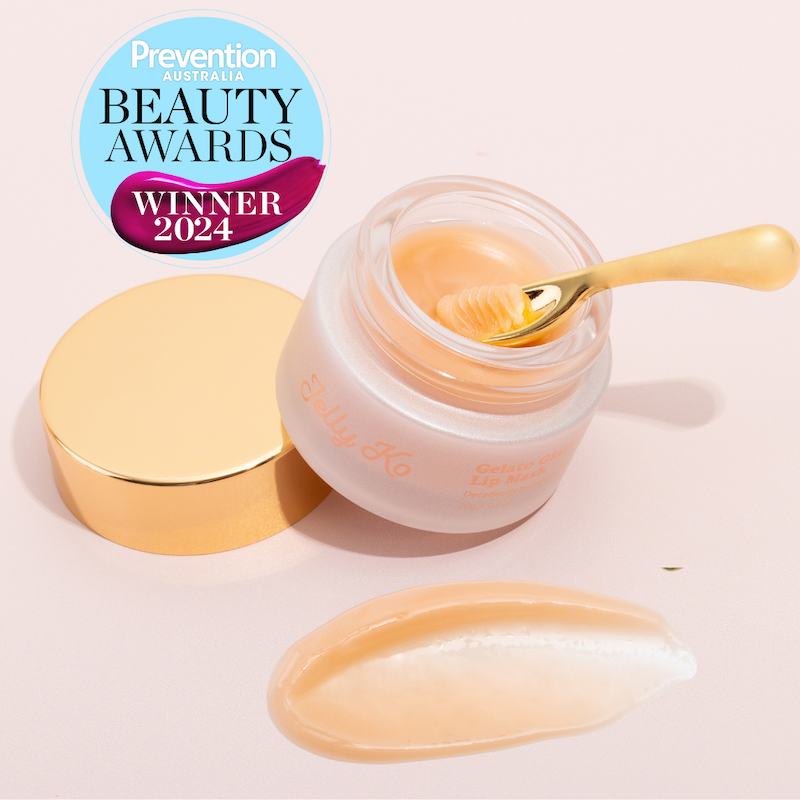
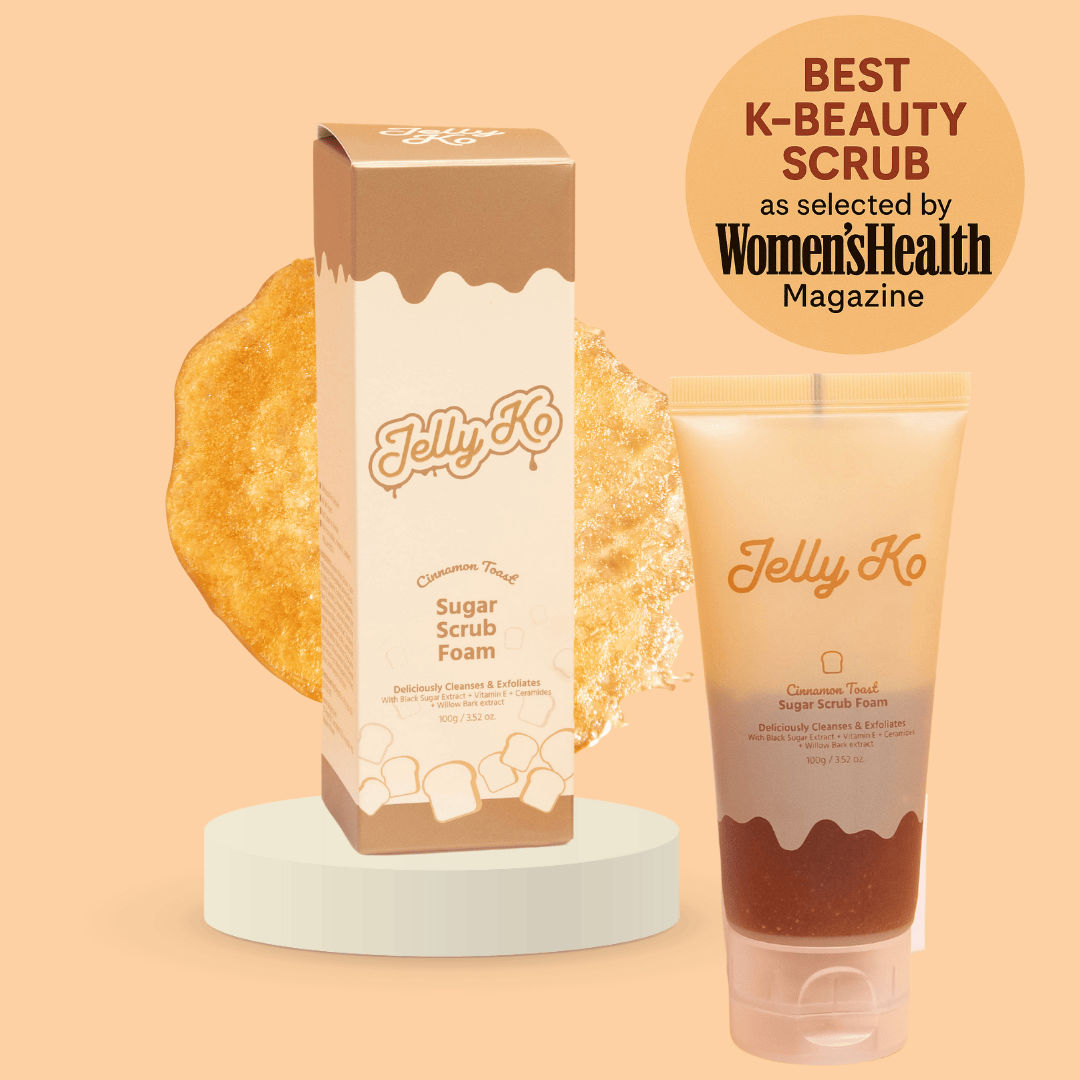
Leave a comment
Comments will be approved before showing up.